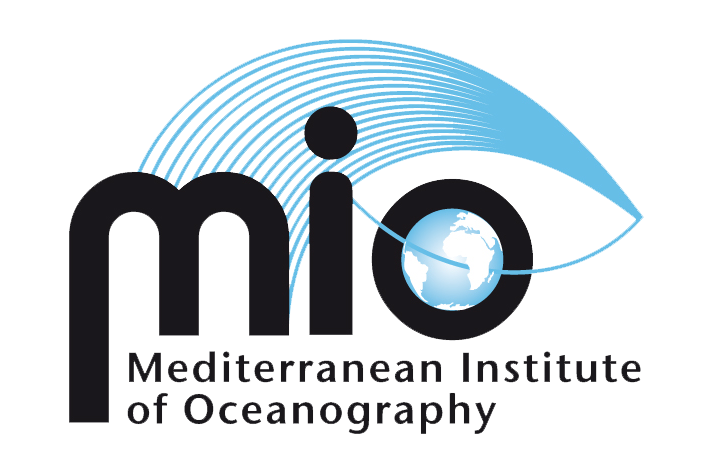Invasive red algae detected off Port-Cros Island
Discovered last December by researchers from the Mediterranean Institute of Oceanology off the island of Port Cros, Lophocladia lallemandii is a filamentous red alga native to the Red Sea and the Indian Ocean and present in the eastern Mediterranean basin since the 20th century after having crossed the Suez Canal like many invasive species. Today, several mats of these algae have been discovered near Port-Cros, ranging in size from 3 to 8 meters deep. Lophocladia lallemandii produces toxic molecules that protect it from predators.

